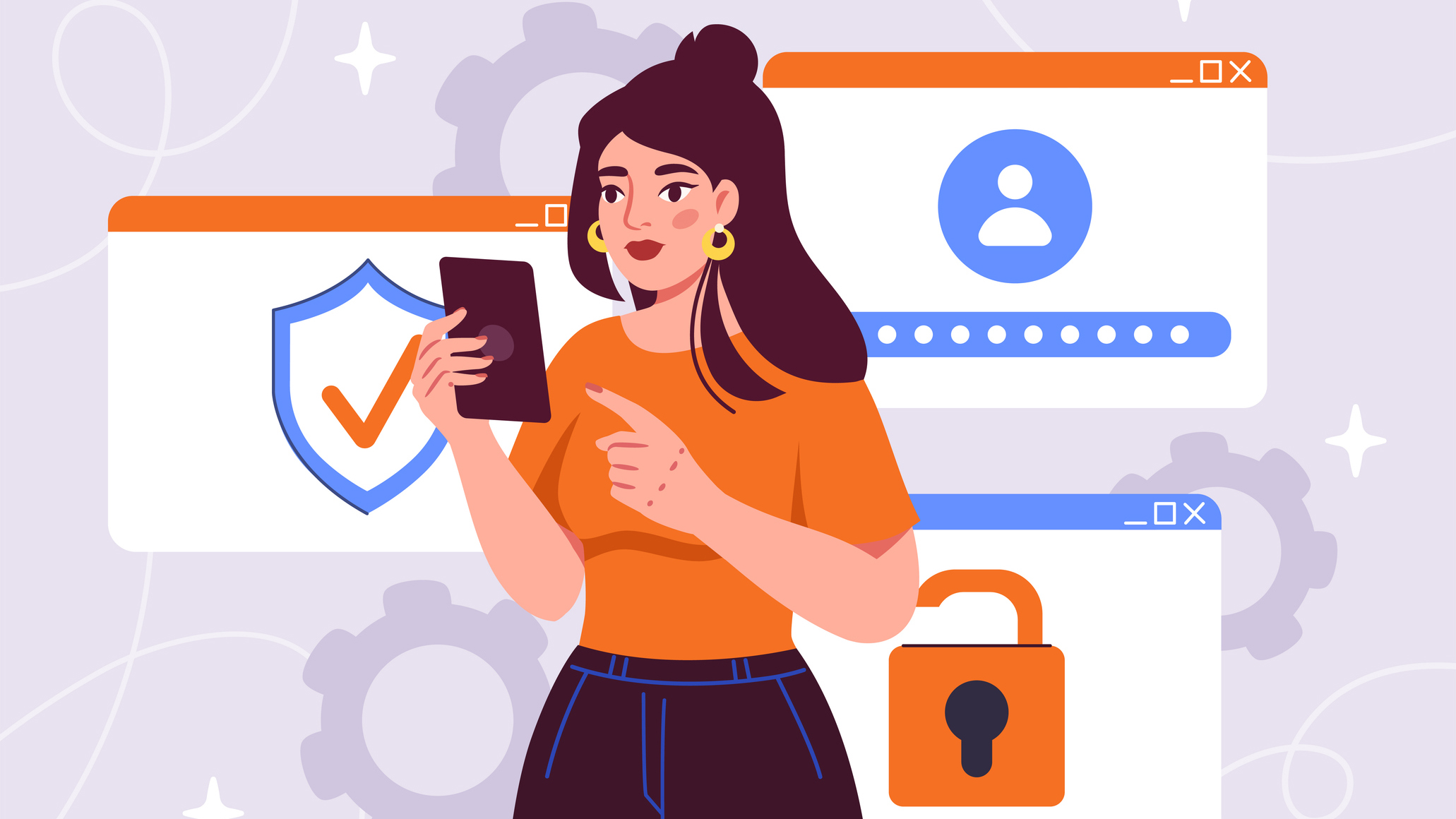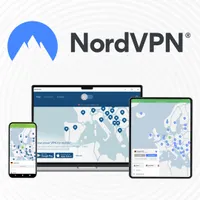How to choose an age verification VPN
Don't take a risk with your identifiable data

Sign up for breaking news, reviews, opinion, top tech deals, and more.
You are now subscribed
Your newsletter sign-up was successful
Following the rollout of the UK's Online Safety Act on July 25, interest in virtual private networks (VPNs) has surged, particularly among first-time users. With new age verification rules restricting access to certain online content (such as adult-only websites, dating apps, 18+ video games, and social media platforms like X and Reddit), many are turning to VPNs as a workaround.
While using a VPN remains legal in the UK (to some extent), experts urge caution: not all VPNs are created equal. In fact, as a team with over a decade of experience reviewing VPNs, we at TechRadar warn against relying on completely free options. Some VPNs offer robust protection and anonymity, but others could jeopardize your privacy or even sell your data to third parties.
Keep reading, and we'll guide you through how to identify and choose the best VPN that'll keep your online experience secure.
1. NordVPN – The best VPN overall
NordVPN is our top-rated VPN overall. It features a strict no-logs policy that's been verified by five independent audits, including the most recent by West Coast Labs, which gave it top marks for reliability, speed, and security. With 6,000+ servers across 111 countries, it's also our #1 choice for unblocking content, bypassing geo-restrictions, and safeguarding your privacy worldwide. Plus, NordVPN comes with a 30-day money-back guarantee.
1. Is the VPN transparent about its audit history?
Visit any VPN homepage and you'll be greeted with bold promises: blazing speeds, global server coverage, military-grade encryption, and airtight no-logs policies.
Independent audits matter; only a handful of VPNs back up their privacy promises with third-party verification, usually from trusted firms like Deloitte, KPMG, PwC, West Coast Labs, and Cure53.
NordVPN, for instance, recently completed an independent audit that evaluated everything from reliability and speed to security protocols. ExpressVPN underwent its 23rd successful audit by KPMG this year, once again confirming that it does not log user activity, just as stated in its privacy policy.
IPVanish and Surfshark both completed fresh audits in 2025, further reinforcing a growing industry trend: if a VPN isn't being regularly and transparently audited, it may not be worth your trust.
With many people voicing serious privacy concerns about the new age verification laws and the sensitive data users are being asked to share, it's more important than ever to choose a VPN wisely.
2. What protocols are on offer?
To protect users, VPNs use protocols, i.e., rules and methods responsible for securely transmitting your data between your devices and the VPN server.
VPNs utilize (and offer) several protocols, including OpenVPN, WireGuard, IKEv2, and L2TP, each employing different encryption methods and connection types that impact security, speed, and reliability.
While you can choose any of these, we generally recommend OpenVPN or WireGuard. OpenVPN is known for its strong security and flexibility, supporting both reliable TCP and faster UDP connections.
Conversely, WireGuard uses modern cryptography to deliver significantly faster speeds and lower latency.
Some VPN providers have developed their own custom protocols to optimize performance and privacy further. NordVPN's NordLynx builds on WireGuard but adds privacy enhancements like dynamic IP assignment, while ExpressVPN's Lightway uses the WolfSSL library to deliver fast, secure connections optimized for low-resource devices.
Choosing a VPN that offers a range of protocols, including trusted options like OpenVPN and WireGuard (or their custom variants), ensures you can find the best combination of speed, security, and reliability that matches your specific needs.
3. Where are the servers?
While VPN protocols keep your data secure in transit, it's the VPN servers that enable you to bypass geo-restrictions and access content otherwise unavailable in your region.
Every provider offers a different set of server locations, and where those servers are matters, especially for those using a VPN to access streaming services, like Netflix, ITV, or Channel 4, while travelling overseas.
For example, NordVPN, our best VPN for streaming, offers servers in 144 locations across 111 countries, giving users a broad and flexible range of spoofing options. The more server options a VPN has, ideally in multiple cities per country, the more reliable their access will be if one connection gets blocked.
But location diversity isn't the only factor to consider. Some providers also offer specialized servers for added security. For instance, Proton VPN's Secure Core routes users' traffic through privacy-friendly countries like Switzerland before reaching their destination, adding an extra layer of encryption but potentially reducing speed.
4. If the VPN is free, is it trustworthy?
The harsh truth is that most free VPNs come with serious strings attached. At best, they throttle your speed, limit server access, and cap your monthly data. At worst, they actively undermine your privacy, which is the very thing a VPN is meant to protect.
Many free VPNs have been caught logging user activity, injecting ads or trackers, and even distributing malware. Some quietly sell your data to third parties or advertisers, flipping the script entirely on what a VPN should do.
That's why we generally recommend sticking with trusted, premium VPNs.
However, if a free option is the only route, make sure it comes from a provider with a solid track record, transparent audits, and a clearly defined no-logs policy.
ProtonVPN, our pick for the best free VPN, is one such example. It delivers excellent speeds, high security, and impressive privacy standards, all without compromising user trust.
While its free plan does come with some limitations (like fewer server choices, restricted simultaneous connections, and potential data caps), it's a rare example of a free VPN that doesn't cut corners where it matters.
5. Is it user-friendly?
VPNs are complex and packed with settings that can be tweaked for everything from bypassing firewalls to fine-tuning performance.
IT pros might dig into these advanced features, toggling protocols, changing ports, and enabling obfuscation modes like OpenVPN over TCP 443 (which mimics HTTPS to sneak past blocks). But, most people just want hassle-free usage.
Some providers, like ExpressVPN, are more intuitive than others: just open the app, pick a server, and you're good to go. In fact, our best VPN for beginners keeps things clean and simple.
Platforms also matter: phones, tablets, laptops, even smart TVs and gaming consoles all have dedicated VPN apps. But not every provider does all of them well. For example, if you're mainly on your phone, you'll want the best VPN for Android to ensure optimal performance.
Also, while many VPNs restrict you to around 5 to 10 devices at once, Surfshark and PIA (Private Internet Access) go a step further and offer unlimited simultaneous connections.
You must confirm your public display name before commenting
Please logout and then login again, you will then be prompted to enter your display name.
